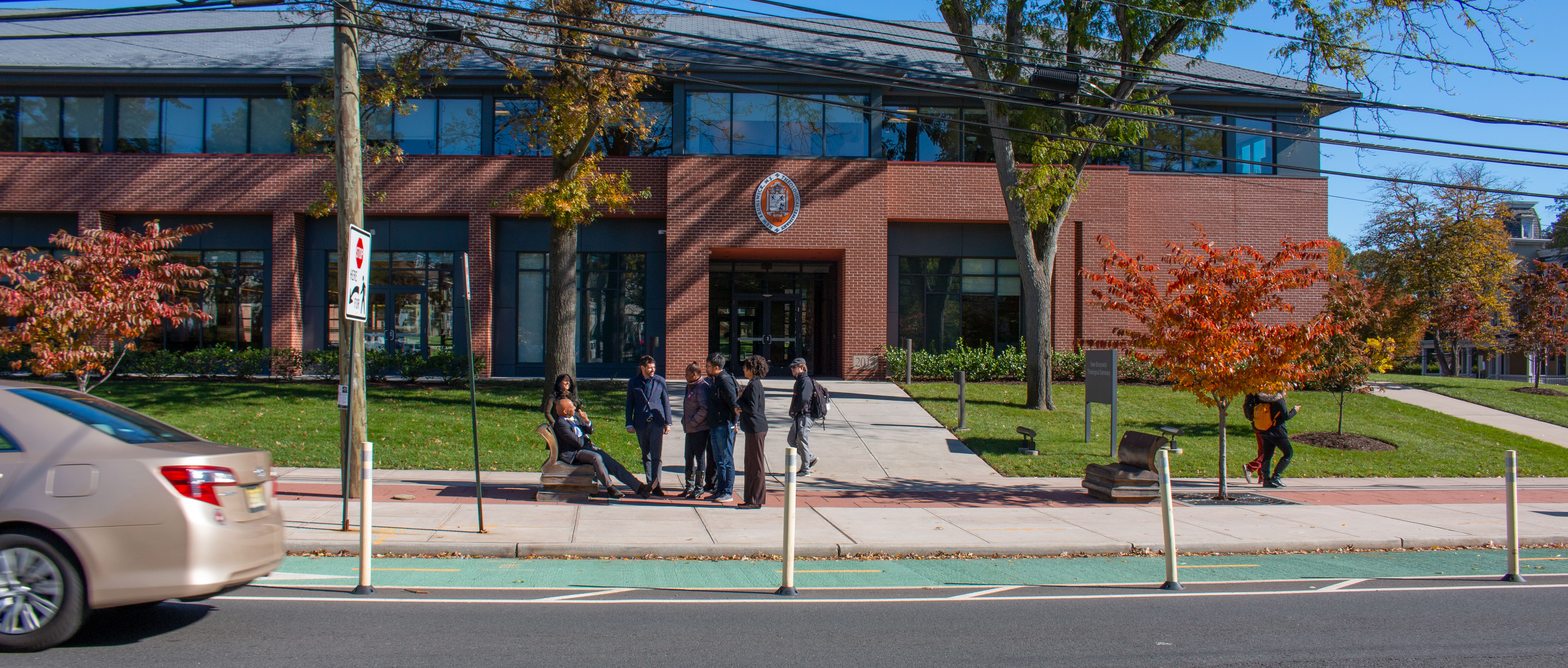President’s Blog 4 – Turning This World Upside Down and Inside Out – Part 2
November 19, 2018

President’s Blog 4
Turning This World Upside Down and Inside Out – Part 2
In my previous commentary in this space, I shared my thoughts about radical love being a necessary tool for churches and God’s people who are seeking to restructure and reshape a ministry’s space, purpose and service. Today, I’d like to share my thoughts on how incorporating radical love into our human interactions can change not only us, but also this hardened and hate-filled world.
I’m suggesting in this blog post that people of faith who are grappling with adversity are being challenged to grow in two powerful ways: In Radical Love and in Radical Reconciliation. I say this because radical love and radical reconciliation are principles very near and dear to the heart and ministry of Jesus of Nazareth, and we see the present day need for it in circumstances taking place around the world.
Indeed, we continue to grapple with children in Yemeni dying of starvation and disease because aid workers and trucks are blocked at the border; armed men in Cameroon kidnapping 79 schoolchildren; at least four people dying after buildings in Marseille collapsed; a gunman entering a hot yoga studio in Tallahassee and shooting seven people – two of them fatally, before turning the gun on himself; a 21-year-old Wisconsin driver, who allegedly was huffing computer cleaner, losing control of his vehicle and striking a group of Girl Scouts who were cleaning trash off the side of the road, killing three girls and a mother and leaving another girl injured; the three wildfires in California spreading rapidly, burning the length of a football field every second, with multiple deaths being reported; and the death toll due to the Sicily flood rising to 29, with the floods having caused more than $1.14 billion worth of damages.
What does all of this mean? We need to do something radical, and by radical, I am calling for us to affect the fundamental nature and core of the world in which we live.
Radical Love
I suggest radical love because we are living in a desperate and divisive time. And much like the First Reformed Congregation has to reconfigure and reshape its ministry to thrive and flourish, we must reshape our contexts to do the same. We are not to just make do; we are to thrive and flourish. What is our purpose if not to inspire the world we live in to not just survive and mange, but also to lead, flourish and prosper as we govern, develop and lead our schools, congregations, communities, governments, and families?
In this time where we are fiercely divided socially, politically and religiously, we must reclaim the message of the Good Samaritan – a message that states, ‘I will go beyond barriers of danger, difference, and division to tend to the wounds, needs, and concerns of those who are like me and those who are very different from me. I will give my enemy who hates me bread to eat, because that type of radical love leads to humility and repentance. I will give to the one who views me as an enemy not because it will hurt and humiliate her or him. Rather, my true motive is to win an enemy as a friend. In other words, I will sacrifice in a manner that creates and develop community.’
Radical Reconciliation
Radical Reconciliation at its core is found in Isaiah 59:16-17 and Luke 4:17-18, where Yahweh is angry at the injustice perpetrated on the poor and Jesus states clearly that he is the incarnation of Yahweh’s love and justice, and that this love and justice is for all (Luke 4: 24-27). This anger of Yahweh, and the positioning of Jesus is the radical Love in action that produces reconciliation.
I will never forget the lesson I learned from my psychology mentor, Dr. Everett Worthington, Jr., when I arrived at the University of Michigan in 1988. (Dr. Worthington is a pain researcher and couples’ counselor (Click here for his website.) who has published and spoken publicly about the family tragedy that altered him and his research, so I am not breaking confidence as I tell his story.) I was a young faculty member when on New Year’s Day 1996, Dr. Worthington’s mother was violated and murdered. (You can read the story here.) Nine years later, his brother, Mike Worthington, who found his mother after she was victimized, committed suicide. I worked with Dr. Worthington as he wrestled with the crime, the criminal, and his faith. We prayed and cried together as he grew spiritually and eventually felt led to forgive the killer. In one of his books on forgiveness, he outlines the four planks of Reconciliation:
- Decide to do the right thing
- Discuss the issues and the offenses
- Detoxify the legacy of oppression
- Devote to reconciliation
Depending on your perspective, this type of radical reconciliation, like radical love, turns our social, emotional, political, and financial situations upside down or right side up. I highly recommend that we as a community of faith focus on what is required to love and reconcile in this radical way. Dr. Worthington’s books on the subject of reconciliation (available on his website), as well as a book by Allan Aubrey Boesak and Curtiss Paul DeYoung (2012), “Radical Reconciliation: Beyond Political Pietism and Christian Quietism,” offer deep insight for those who want to begin with literature. There are ministries such as Dina’s Dwellings in your community where you can practice Radical Love and Radical Reconciliation. There are also members of your family, community, and profession who would benefit from a more radically loving and radically reconciling you!
Peace,
Micah L. McCreary,
President, New Brunswick Theological Seminary
